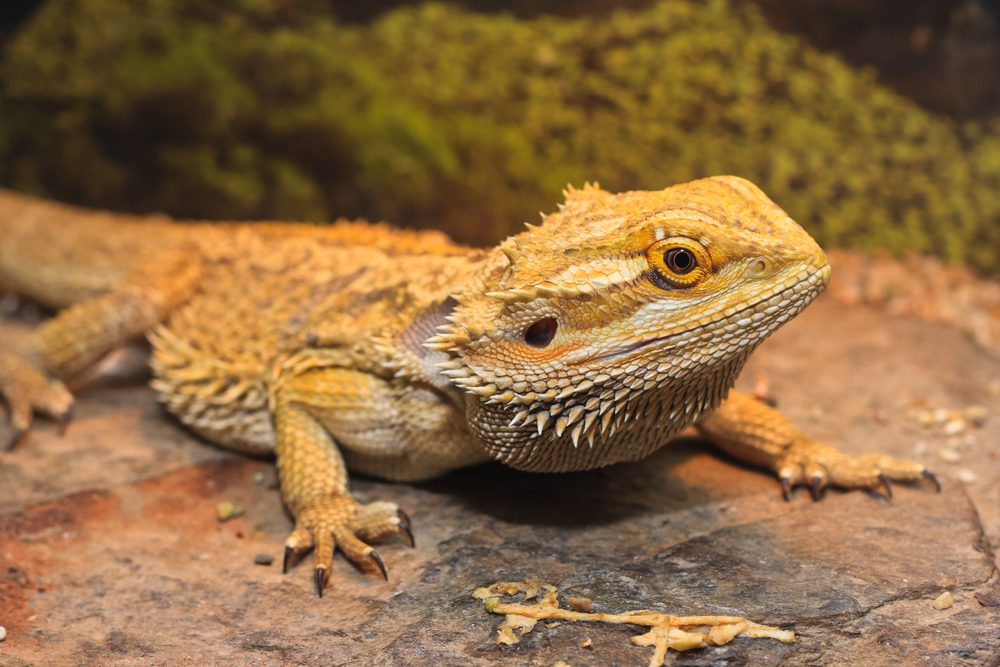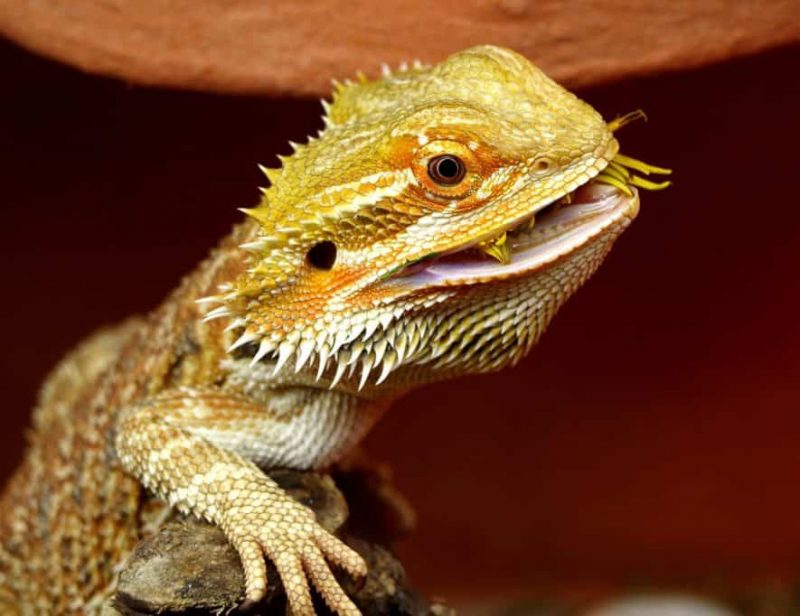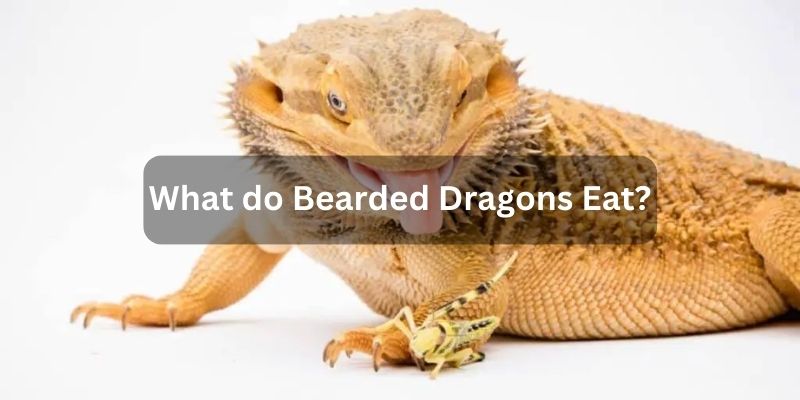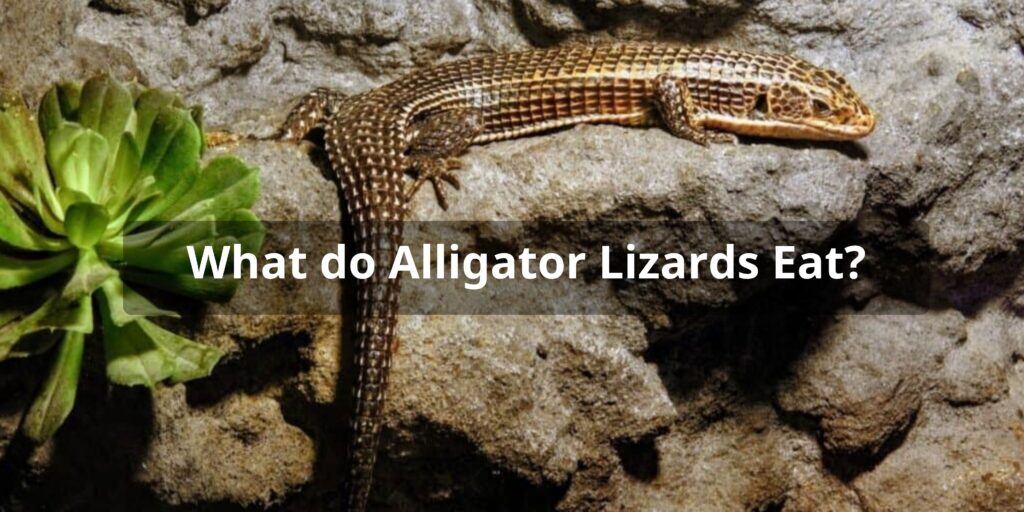Bearded dragons, known for their unique appearance and friendly demeanor, are fascinating reptiles that make great pets. Proper nutrition plays a crucial role in keeping these captivating creatures healthy and happy. As an owner, it’s essential to understand what foods are suitable for bearded dragons to ensure their well-being. In this comprehensive guide, we will explore the ideal food choices for bearded dragons, including live food, fruits, vegetables, vitamins and minerals, as well as the foods they should avoid. We will also discuss feeding frequency, rules, tips, and the importance of hydration. Let’s dive into the world of bearded dragon nutrition.
Food Ratio for Bearded Dragons By Age:
The dietary requirements of bearded dragons vary depending on their age. Here is a breakdown of the recommended food ratio for different stages of their life:
- Juveniles (0-3 months): Approximately 80% live food (insects) and 20% vegetables.
- Sub-Adults (3-12 months): Aim for a balanced diet with around 60% vegetables and 40% live food.
- Adults (12+ months): The diet should consist of 80% vegetables and 20% live food.
Maintaining the proper food ratio ensures that bearded dragons receive the right balance of nutrients for their growth and development.
What do Bearded Dragons eat?

Live Food:
Live food is an essential component of a bearded dragon’s diet, especially during their early stages. It provides them with essential proteins and stimulates their hunting instincts. Here are some live food options you can offer your bearded dragon:
- Crickets
- Dubia roaches
- Mealworms
- Superworms
- Phoenix worms
- Silkworms
- Waxworms (sparingly due to their high-fat content)
- Black soldier fly larvae
These live food options offer a variety of nutrients and can be found in most pet stores or online retailers. Remember to provide appropriately sized prey based on your bearded dragon’s age.
Vegetables:
Vegetables are a vital part of a bearded dragon’s diet, providing them with essential vitamins, minerals, and fiber. Here are some safe vegetables that you can include in their regular meals:
- Collard greens
- Mustard greens
- Turnip greens
- Kale
- Swiss chard
- Escarole
- Endive
- Dandelion greens
- Butternut squash
- Acorn squash
- Green beans
- Bell peppers
These vegetables should be chopped into appropriate sizes and offered fresh to ensure maximum nutritional value for your bearded dragon.
Fruits:
While fruits should not be the main component of a bearded dragon’s diet, they can be offered as occasional treats or added variety. Here are some safe fruits for your bearded dragon:
- Blueberries
- Strawberries
- Mango
- Papaya
- Watermelon (without seeds)
- Apple (remove seeds and core)
Remember to offer fruits sparingly due to their higher sugar content, and always remove any seeds or pits that could be harmful to your pet.
Vitamins & Minerals:
In addition to their primary diet, bearded dragons require additional supplementation of vitamins and minerals. Calcium and Vitamin D3 are particularly important for maintaining healthy bones and preventing metabolic bone disease. Dusting their food with calcium powder or providing calcium supplements is necessary, especially for growing bearded dragons.
What Can’t They Eat?
While bearded dragons have a diverse diet, there are certain foods that should be avoided due to potential health risks. Here are some examples:
- Live Food: Fireflies, lightning bugs, and insects caught from the wild may contain toxins harmful to bearded dragons.
- Greens: Spinach, rhubarb, and beet greens have high levels of oxalates, which can interfere with calcium absorption.
- Fruits: Citrus fruits like oranges and lemons are acidic and can cause digestive issues. Avocado contains persin, a substance toxic to reptiles.
It’s crucial to be aware of these foods and avoid feeding them to your bearded dragon to maintain their well-being.
How often should I feed my bearded dragon?

Feeding frequency depends on your bearded dragon’s age. Here is a general guideline:
- Juveniles (0-3 months): Offer food 2-3 times a day, allowing them to eat as much as they want during each sitting.
- Sub-Adults (3-12 months): Feed once or twice a day, providing an appropriate portion size that they can finish in about 10-15 minutes.
- Adults (12+ months): Feed once a day, adjusting the portion size based on their activity level and body condition.
Monitoring their weight and overall health will help determine the idealfeeding frequency for your specific bearded dragon. Remember to provide fresh water at all times.
Rules and Tips for Feeding Your Bearded Dragon:
To ensure proper feeding practices, consider the following rules and tips:
- Variety is key: Offer a diverse range of live food, vegetables, and occasional fruits to provide a well-rounded diet.
- Gut-loading insects: Feed nutritious foods to the insects (such as leafy greens) before offering them to your bearded dragon. This enhances their nutritional content.
- Supplement with calcium and Vitamin D3: Dust live food with calcium powder or use calcium supplements to meet their dietary requirements.
- Monitor portion sizes: Avoid overfeeding, as obesity can lead to health issues. Adjust portion sizes based on age, activity level, and overall body condition.
- Remove uneaten food: If any food remains uneaten after 10-15 minutes, remove it from the enclosure to prevent spoilage and maintain cleanliness.
- Maintain a clean feeding area: Regularly clean food bowls and remove any leftovers to prevent bacterial growth.
- Use organic produce whenever possible: This reduces the risk of exposing your bearded dragon to pesticides or harmful chemicals.
- Temperature matters: Ensure that the temperature of the enclosure allows for proper digestion and metabolism.
- Observe hydration levels: Mist the enclosure daily to provide humidity and offer a shallow dish of water for drinking.
- Regular veterinary check-ups: Schedule regular visits to an experienced reptile veterinarian to monitor your bearded dragon’s overall health and discuss any dietary concerns.
How about water?
Water plays a crucial role in maintaining hydration for bearded dragons. While they obtain a significant amount of moisture from their food, providing access to fresh water is essential. Place a shallow dish of water in their enclosure, making sure it is easily accessible and cleaned regularly. Some bearded dragons may not drink directly from the dish but instead prefer to get water from misting or droplets on plants. Observe your pet’s behavior to ensure they are adequately hydrated.
FAQs
Can bearded dragons eat meat?
While bearded dragons are primarily omnivorous, their diet should consist mainly of plant matter and insects. Small amounts of lean, cooked meats can be offered occasionally as a treat, but it should not be a significant part of their regular diet.
Are there any specific feeding considerations for baby bearded dragons?
Baby bearded dragons have specific dietary requirements due to their rapid growth. Offer appropriate-sized live insects daily and provide a variety of finely chopped vegetables to encourage healthy eating habits from an early age.
Can bearded dragons eat commercial reptile food?
Commercial reptile foods, such as pellets or canned diets, are available in the market. While these can be used as a supplement, they should not replace the majority of their diet, which should consist of fresh live insects and a variety of vegetables.
How can I tell if my bearded dragon is not eating enough?
Signs of a decreased appetite or inadequate food intake may include weight loss, lethargy, and changes in bowel movements. If you notice these signs, consult a reptile veterinarian to ensure your dragon’s health.
Conclusion
Understanding the dietary needs of your bearded dragon is vital for their overall health and well-being. By providing a balanced diet that includes live food, vegetables, and occasional fruits, you can ensure they receive the necessary nutrients for growth and development. Avoid feeding them harmful foods and follow proper feeding practices, including supplementation and appropriate portion sizes. Maintaining hydration and regular veterinary check-ups are also crucial. Remember, the key to a healthy and happy bearded dragon lies in providing them with a nutritious and varied diet.



